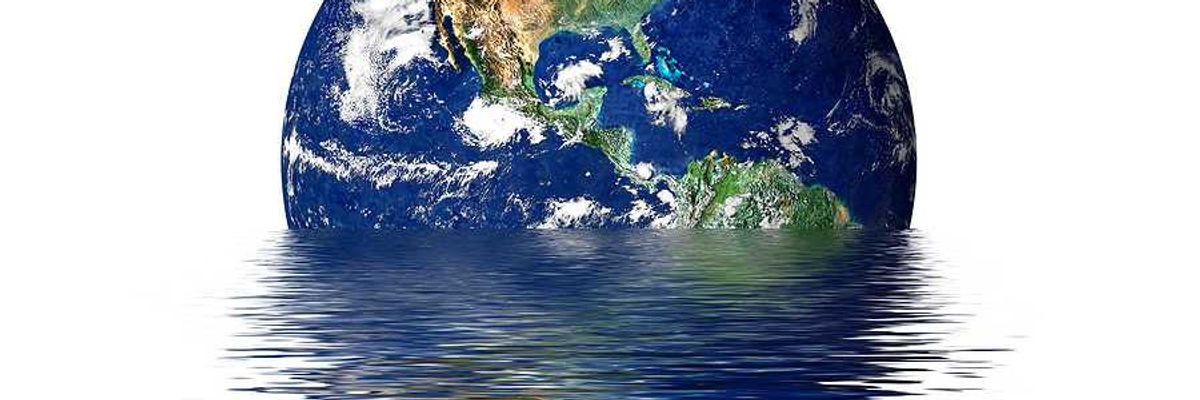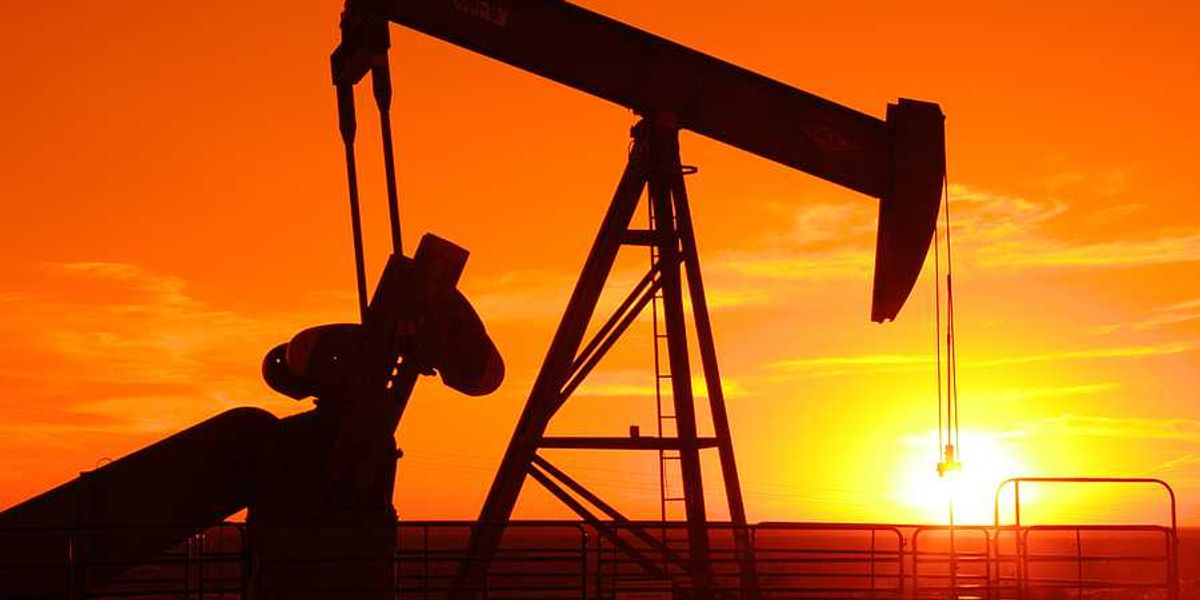polar warming
Antarctica experiences unprecedented midwinter heat wave
East Antarctica is experiencing a massive heat wave, with temperatures spiking 50 degrees above normal, highlighting the ongoing impacts of climate change on polar regions.
In short:
- Ground temperatures in East Antarctica have soared more than 50 degrees (28°C) above normal, marking one of the largest anomalies on the planet.
- The warming is linked to a weakened polar vortex, leading to a sudden stratospheric warming event that has disrupted typical weather patterns.
- Scientists warn that the decreasing sea ice and warming oceans are contributing to more frequent and intense heat waves in Antarctica.
Key quote:
“It is likely that having less sea ice and a warmer Southern Ocean around the Antarctic continent ‘loads the dice’ for warmer winter weather over Antarctica.”
— Edward Blanchard, atmospheric scientist at the University of Washington
Why this matters:
Imagine the freezer door being left open, and you’ll get the picture. As climate change continues to rewrite the Earth's weather patterns, these heatwaves could become more frequent, pushing Antarctica's ice into the danger zone. Read more: Scientists probe ancient history of the East Antarctic Ice Sheet and find unsettling news about sea level rise.
New evidence shows rapid melting of Antarctica's Thwaites Glacier
Scientists have found that the glacier is melting at an alarming rate due to warm seawater intrusions.
In short:
- The Thwaites Glacier, also known as the "Doomsday Glacier," is experiencing significant melting, fueled by warm seawater.
- Thwaites' melting could lead to a 2-foot sea-level rise, potentially triggering further ice loss and a total rise of up to 10 feet.
- The study indicates the glacier is more susceptible to warming oceans than previously thought, necessitating updated sea-level rise projections.
Key quote:
"Thwaites is the most unstable place in the Antarctic and contains the equivalent of 60 centimeters (two feet) of sea-level rise."
— Christine Dow, University of Waterloo
Why this matters:
The accelerated melting of Thwaites Glacier poses a dire threat to coastal communities worldwide, highlighting the urgent need for climate action to mitigate further warming and sea-level rise. Read more: Scientists probe ancient history of the East Antarctic Ice Sheet and find unsettling news about sea level rise.
The weirdest reason the poles are warming so fast? Invisible clouds
Why polar bears are no longer the poster image of climate change
Scientists studying Antarctic Circumpolar Current to take closer look at 'heat flux gates' letting in warmer water
Paris polar summit: Melting ice takes center stage
Antarctica has lost 7.5tn tonnes of ice since 1997, scientists find
Study finds more than 40% of ice shelves have shrunk, with millions of tonnes of freshwater entering ocean.









